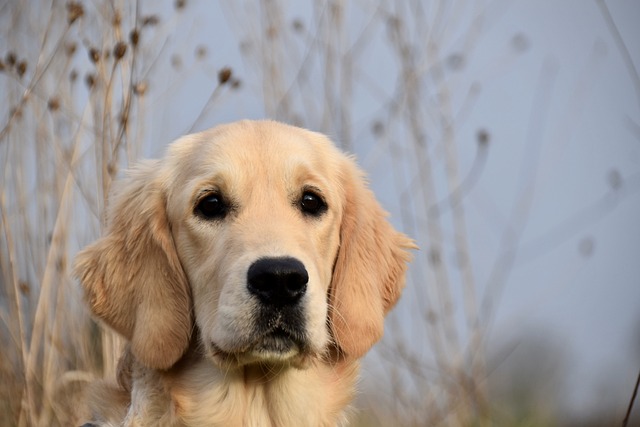
What is glaucoma in a dog?
You might notice your dog squinting more at mealtime or avoiding bright sunlight—these small changes could be early signs of a serious eye condition.
What is the most common eye infection in dogs? If you’ve ever noticed your terrier “Bella” squinting more than usual, with goopy yellow discharge crusting around her eyes, you’re probably wondering what’s going on. Chances are, she’s dealing with conjunctivitis—the most common eye issue vets see in dogs, especially among new pups and active breeds. Let’s break down what it is, why it happens, and how to help your furry friend feel better.
Conjunctivitis, often called “pink eye” in humans, affects the thin membrane (conjunctiva) that lines the eyelid and covers the white part of the eye. In dogs, it shows up as red, swollen eyes, watery or thick discharge, and frequent pawing at the face. The causes are usually everyday culprits: a speck of dust blowing into their eye during a park run, pollen from your backyard flowers, or even bacteria picked up from sniffing another dog’s wet nose. Breeds with big, round eyes—like pugs or bulldogs—are extra prone because their eyes are more exposed to irritants. It’s rarely serious, but ignoring it can lead to discomfort or, in rare cases, spread to other parts of the eye.
So, what should you do if you spot these signs? Start with gentle care at home: dampen a clean cotton ball with lukewarm water (not cold!) and softly wipe away crust from the corners of their eyes—Bella’s owner in Portland swears by doing this after morning walks, when discharge is thickest. Never use human eye drops unless your vet says it’s okay; some contain ingredients that irritate dog eyes. If the redness sticks around for more than a day, or if your dog is keeping one eye shut, call the vet. They might prescribe antibiotic drops or an ointment to clear it up—most cases heal in 5-7 days with treatment. To keep your dog calm during drops, try this trick: offer a tiny treat before and after, turning it into a positive routine. Yelling or restraining them will only make them fear the process, making future care harder.

Caring for your dog’s eyes ties into broader responsible ownership habits in the U.S. First, stay on top of vaccines: all states require rabies shots by 4 months old, and cities like Miami fine owners $200 for missing them. When out walking, keep your dog on a 6-foot leash (standard in most parks) to avoid them rubbing their eyes on dirty bushes or sharp grass, which can introduce irritants. Always carry poop bags too—failing to clean up in Denver can cost $300, and it’s part of keeping shared spaces clean, which lowers everyone’s risk of infections.
Apartment dwellers, take note: dry air from AC units can irritate eyes, so adding a small humidifier near your dog’s bed can help. If you have other pets, keep their food and water bowls clean—bacteria from leftover food can easily transfer to your dog’s face when they eat. When greeting other dogs at the community park, avoid letting them nose-to-nose if the other pup has runny eyes—conjunctivitis can spread through contact, and no one wants their dog catching it.
With quick attention and gentle care, most cases of conjunctivitis clear up fast. And when Bella stops squinting and starts chasing her favorite toy again, with bright, clear eyes? That’s the best sign you’re doing right by your pup.

You might notice your dog squinting more at mealtime or avoiding bright sunlight—these small changes could be early signs of a serious eye condition.

Let’s set the scene: It’s a sweltering Phoenix afternoon—105°F outside—and you rushed your 2-year-old Lab mix, Cooper, on a quick walk to “get it over with.”

Let’s get real: You’re in your Miami apartment, watching your 3-year-old Corgi, Loki, struggle to climb the stairs to your second-floor unit.

Many dog owners brush off occasional scratching as just “dog behavior,” but persistent itching often signals something more—like a food allergy.

You might first notice your dog scratching more than usual—chewing at their paws until the fur looks thin, or rubbing their face against the couch nonstop.

Let’s be real: You’re standing in your Chicago apartment, watching your 3-year-old Beagle, Max, huff and puff just to climb onto the couch.